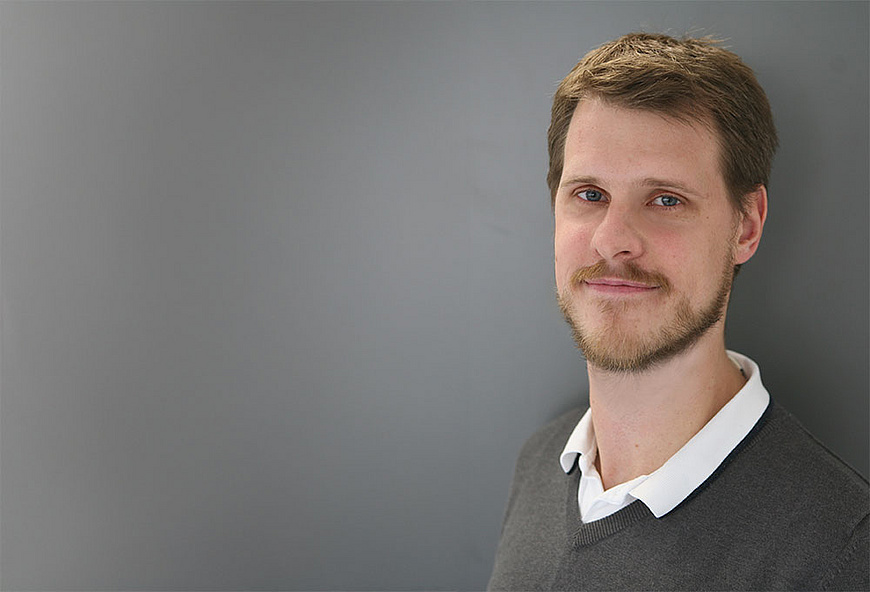-
The University
- Welcome
- Who we are
- Media & PR
- Studying
-
Research
- Profile
- Infrastructure
- Cooperations
- Services
-
Career
- Med Uni Graz as an Employer
- Educational Opportunities
- Work Environment
- Job openings
-
Diagnostics
- Patients
- Referring physicians
-
Health Topics
- Health Infrastructure

Innovative teaching projects: Health of Students - Peer2Peer: Analog & Digital
We take a look back at the innovative teaching projects at the Medical University of Graz that have won awards so far. This time it's about the project ‘Reorganisation of the 6th semester - introduction of a module structure’ by Christian Vajda, from the Division of Medical Psychology, Psychosomatics and Psychotherapy.
Not least due to the crises of recent years, the health of students has deteriorated noticeably. With a low-threshold and broad range of services including workshops, lectures, social media presence, three elective courses and individual counselling, ‘Health of Students - Peer2Peer’ positions itself as a specialised contact point for promoting and strengthening the health of students. Students are to be provided with quick and straightforward support in cases of stress or crises due to excessive demands or failure in their studies, personal problems in their private lives or illness, as well as in the development of solutions and the promotion of personal development. At the same time, this is intended to lay the foundation at an early stage for health-promoting strategies for the future professional careers of health professionals and scientists.
Proven team
The content is taught and support is provided in one-on-one conversations by specially trained peers (students in higher semesters) under the motto ‘helping people to help themselves.’ Professional support (e.g. psychiatric or psychotherapeutic expertise) is provided by a team of lecturers and specialists from the Clinical Department of Medical Psychology, Psychosomatics and Psychotherapy. This team of experts also provides supervision and content training for the peers.
Basic objectives of Health of Students - Peer2Peer
1. To support students at the Medical University of Graz in psychosocial crises and strengthen their own resources
2. To sensitise students to issues of psychosocial crises and health in their professional careers and to develop skills and techniques - for themselves and their patients - through teaching and knowledge transfer
3. To accompany specially trained tutors (peers) in their personal development and support them in learning new skills (e.g. organisational aspects, dealing with digital offerings, counselling in crises)
4. Raising awareness in the higher education sector of the importance of the topic of ‘student health’, establishing possible ‘best practice examples’ and sharing experiences with interested partners (including national and international collaborations, research projects, theses).
Continuous development
Currently, further face-to-face and digital offerings (including lectures on learning techniques, relaxation training, expansion of the focus in PhD and doctoral studies) are being implemented, the communication skills of peers are being further trained, and asynchronous digital offerings are being created, which will be available in Moodle in the future. In the 2023/24 academic year, the programme recorded over 1,000 total contacts for the first time – and the trend is rising.
We would like to congratulate Norbert Jakse and his team on this award.

Taking care of your own health is not only a matter of personal self-care, but also a basic prerequisite for being able to use all your abilities in a professional context.
Christian Vajda
Division of Medical Psychology, Psychosomatics and Psychotherapy

